17 Iraq Education Facts (all about Iraq schools)
Did you know that the Iraq education system suffered a lot from wars and ISIS? Or that Iraq schools are focused on religion?
Discover everything through these 17 interesting Iraq education facts! 🇮🇶 🎓
The Best Facts About School in Iraq
Iraq is a country located in Western Asia. It is home to many different ethnic groups, and its capital city is Baghdad, which has a bit more than 8,100,000 inhabitants.
An interesting part of the country that I wanted to tackle is its education. In light of that, I have listed my 17 best facts about the Iraq school, and I hope you will love them:
1. Because of the constant conflict, education is left apart in Iraq
Ever since the United States invaded the country of Iraq in 2003, there has been constant conflict.
But it was not over: after this war, a civil war burst between Sunnis and Shias, which also interfered with education, of course.
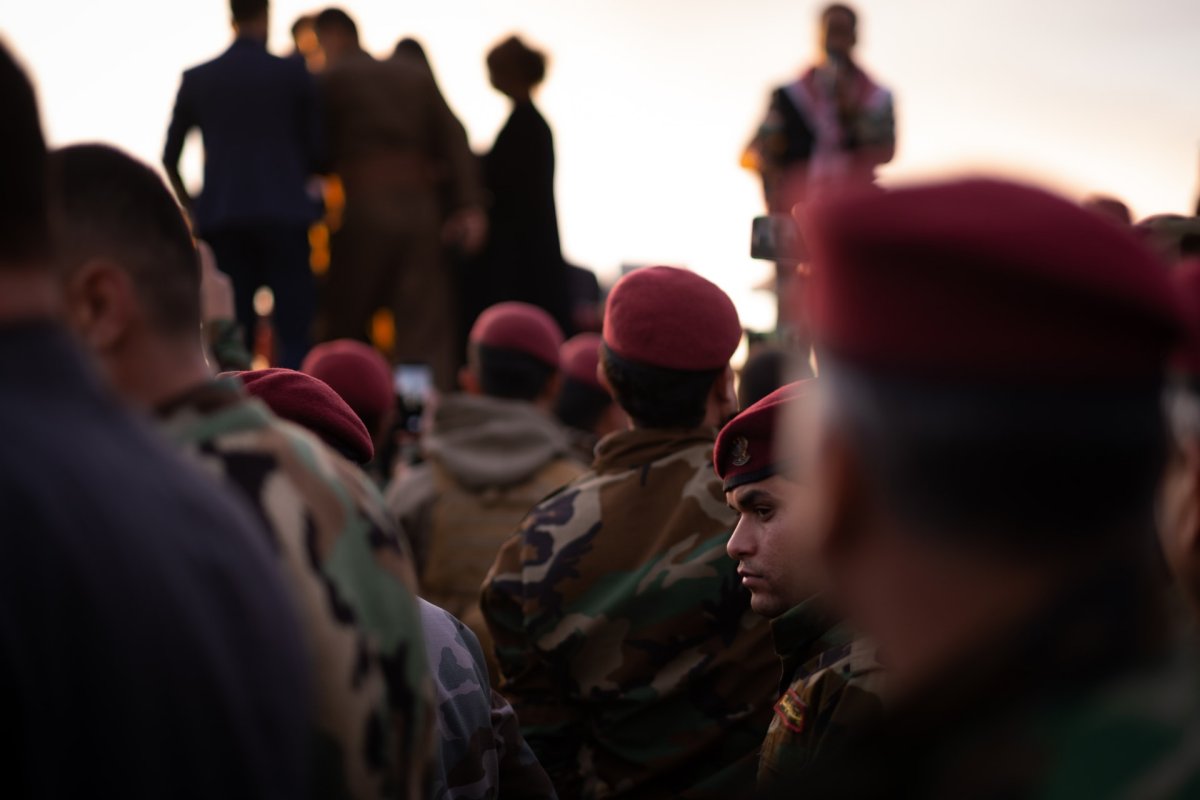
2. Some Iraqi children don’t even go to school
About 3.5 percent of Iraqi children do not attend school regularly… or do not at all.
There are many reasons for that, which I will talk about in this list of facts, but the conflict is definitely quite hard to solve.
3. UNICEF helped Iraq’s education a lot
Even if the situation is quite dire when it comes to education in Iraq, international organizations have not left the country by itself.
For example, UNICEF has made tons of improvements: they built schools, fixed existing water systems, trained more than 50,000 teachers, and supplied children with school materials.
4. There is still hope for Iraqi children to go to school, even if a lot remains to be done
The fight for education is definitely far from over in Iraq, but children can still see glimmers of hope.
Only by itself, UNICEF helped around 682,000 children access education in Iraq! Let’s hope that this will be better and better for the years to come.
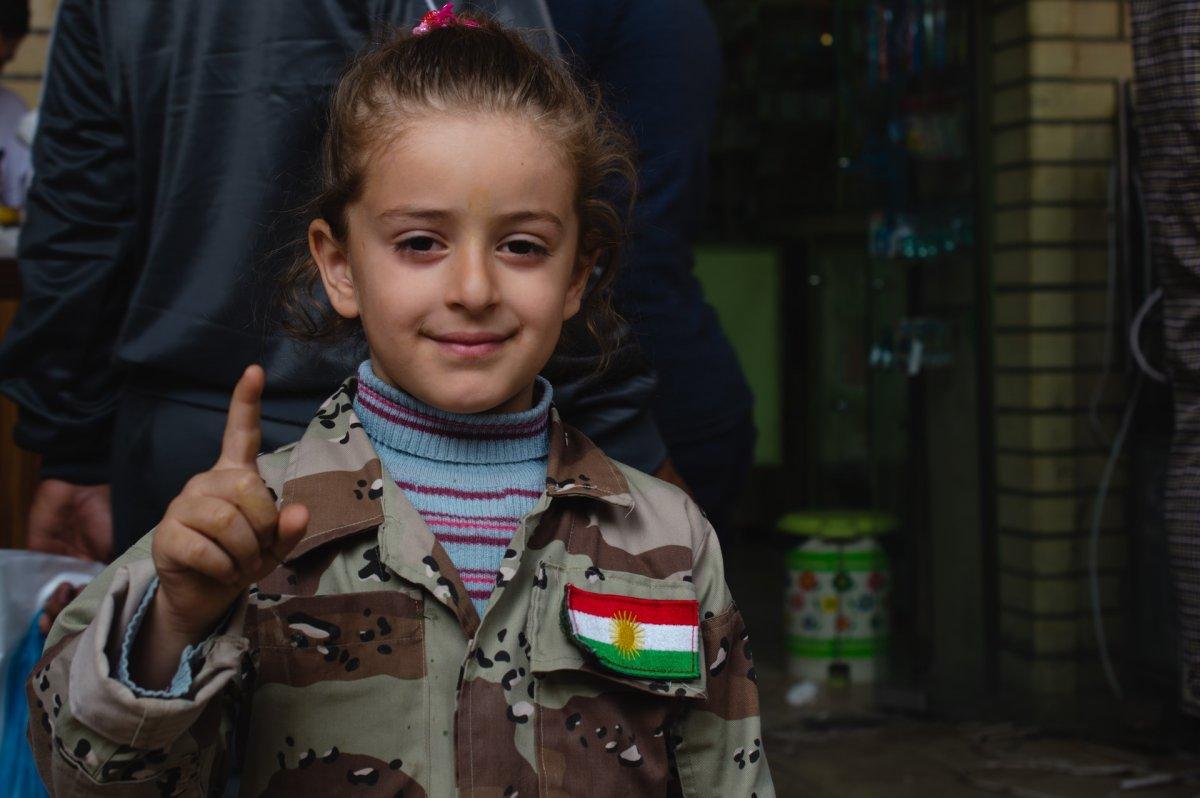
5. Even though it is now gone, ISIS has damaged the Iraqi education system a ton
ISIS, or Islamic State in Iraq and Syria, is an insurgent group operating partly in Iraq. It assaulted and took control of several western cities of the country in April 2013.
Because of these offensives, education took a severe hit. Everyone was simply terrorized.
6. Because of ISIS, one out of every five schools in Iraq was out of use
Just because ISIS took control of some cities, does not mean citizens there could live a normal life.
The terrorist group really hurt the country’s education, by closing some schools and using others as a place to radicalize children. Parents were forced to send their children to these schools under the threat of death.
7. The expulsion of ISIS had consequences in Iraq for around two years afterwards
ISIS definitely hurt Iraq a lot. Even after it was expelled, many children were out of school for two years, because of the closure of many schools.
This means that not only were they terrorized on a daily basis, for two years, but they then needed to catch up educationally.
8. The Iraqi government does not dedicate enough budget to the education of the country
There are many, many problems with the education of Iraq, and the government only spending 5.7 percent of its expenditure on education (in 2015-16) definitely does not help.
Because of this, a $1 billion loss in potential wages was created, and around half of the country’s displaced children were out of school.
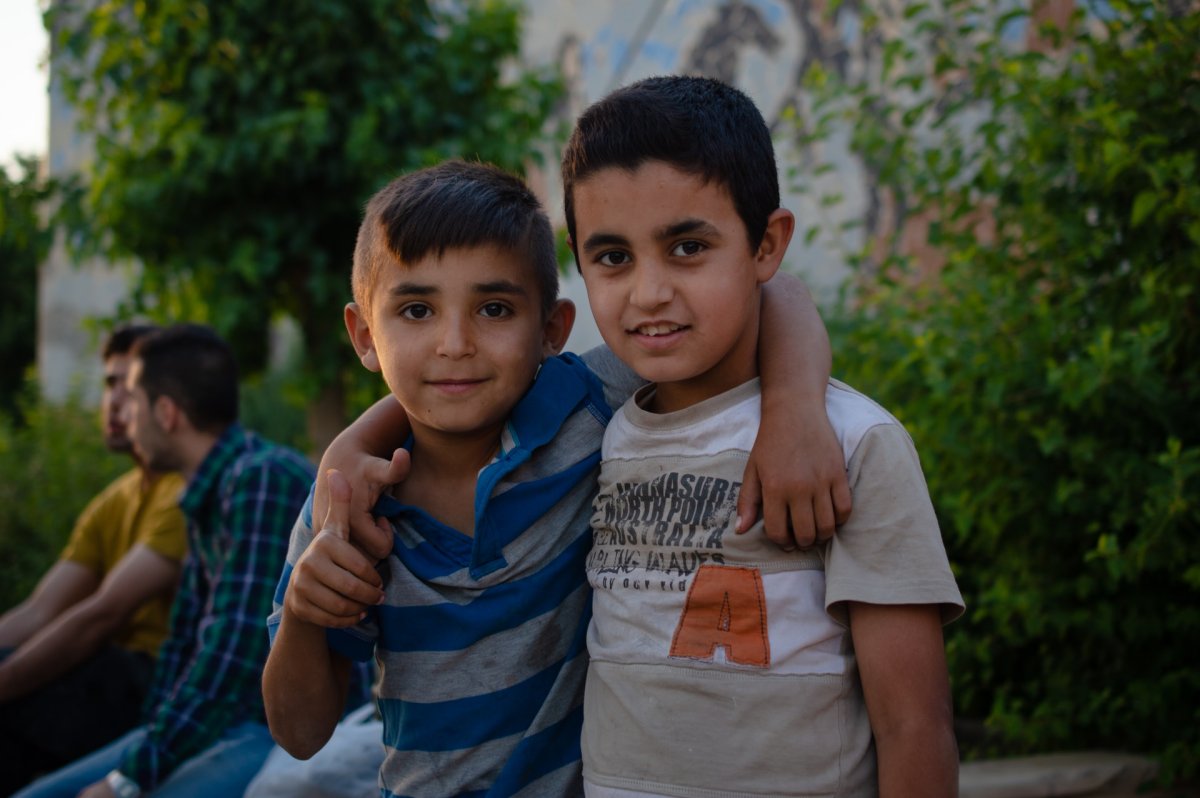
9. Iraqi children are very enthusiastic to go to school
The liberation of Iraq from ISIS was a huge relief for everyone, especially children.
Right after it, 300,000 of them have immediately returned to school, extremely enthusiastic. These children are surely eager to learn and to make up for the lost time.
10. Most of the Iraqi government’s budget is spent on the military.
Historically, the Iraqi government did not always allocate so little resources towards its education, but because of all the ongoing conflicts, it is now spending a huge part of its budget on the military.
During the Gulf War, 90 percent of educational spending plummeted in Iraq.
11. Up until 2003, primary school attendance was always high
Primary education was taken very seriously in Iraq until 2003, and the invasion of the country by the United States.
After that, only 1 in 6 children had school materials, schools were in very poor shape, and there was a huge decline in the quality of education.
12. Since 2008, education is centered around religion, and this creates internal conflicts
Not only was Iraq historically at war with many nations in the world, but in the country itself, lots of people disagree with the governmental reforms.
In 2008, it established a new education system, centered on Islam. The government considers pupils “need to feel a need for the religious faith”.
13. Iraqi children from religious minorities cannot learn their own religion
In the public education system in Iraq, religious minorities are not allowed to learn their own religions, and Islamic education is always prioritized.
Because of this, these minorities feel educationally inferior, as they cannot learn more about their own faith.
14. Iraqi girls suffer a lot from the country’s mindset
Education for girls in Iraq is not even close to acceptable.
This is due to the culture of the country, where attendance for girls is quite low. They are seen as a means to an end, which is marriage, often arranged on top of that.
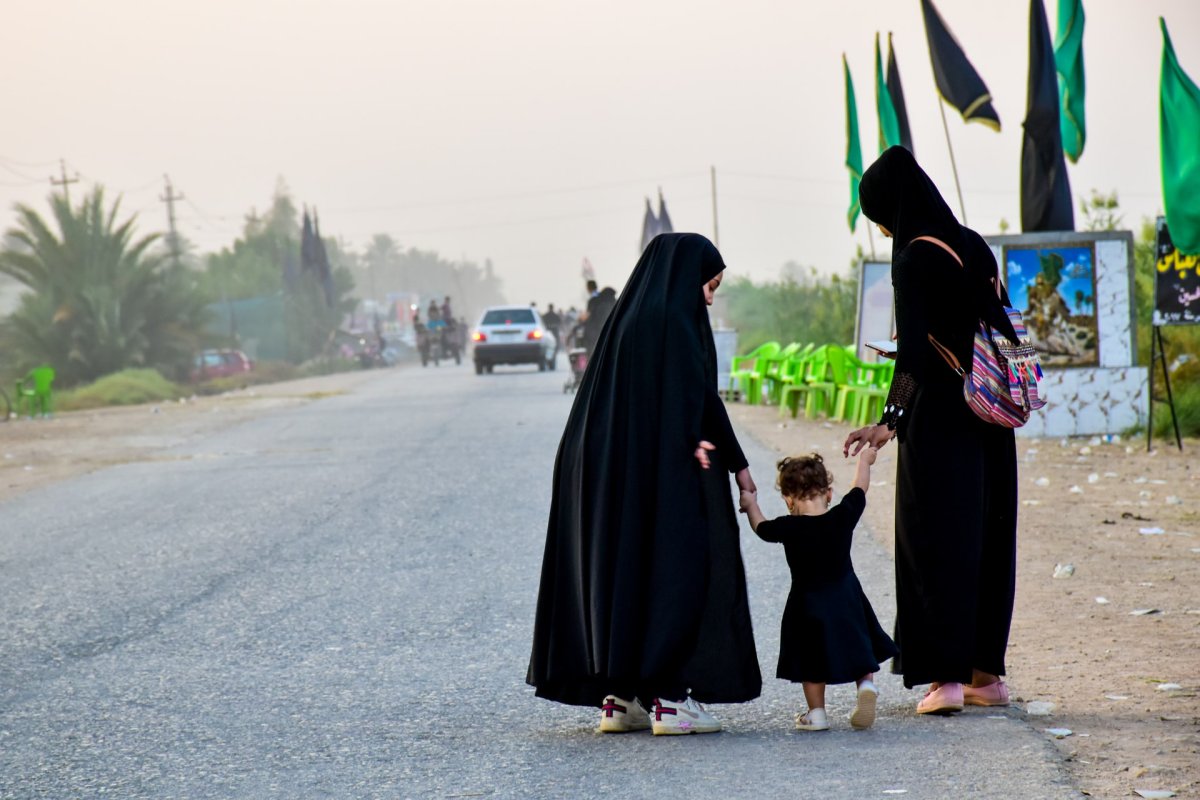
15. The majority of out-of-school Iraqi children are girls
Because education for girls is frowned upon in Iraq, the majority of the 355,000 out-of-school children in the country… are girls. This implies a shocking result: Iraqi girls are twice as illiterate as boys.
Unfortunately, the only way to solve this huge problem is to change the country’s mindset.
16. Not only UNICEF has been helping Iraq for the past few years
While UNICEF does a lot to help the country and its education, it is not the only international organization that is massively contributing.
For instance, UNESCO has contributed to the “Education For All” policy, promoting modernization and improvement of schools in Iraq.
17. Some of the oldest universities in the world are in Iraq
Despite all the bad news about its education, Iraq still boasts some of the oldest universities on the planet. Al-Mustansiriya University was founded in 1280!
Overall, there are 19 universities and 47 technical colleges in the country.
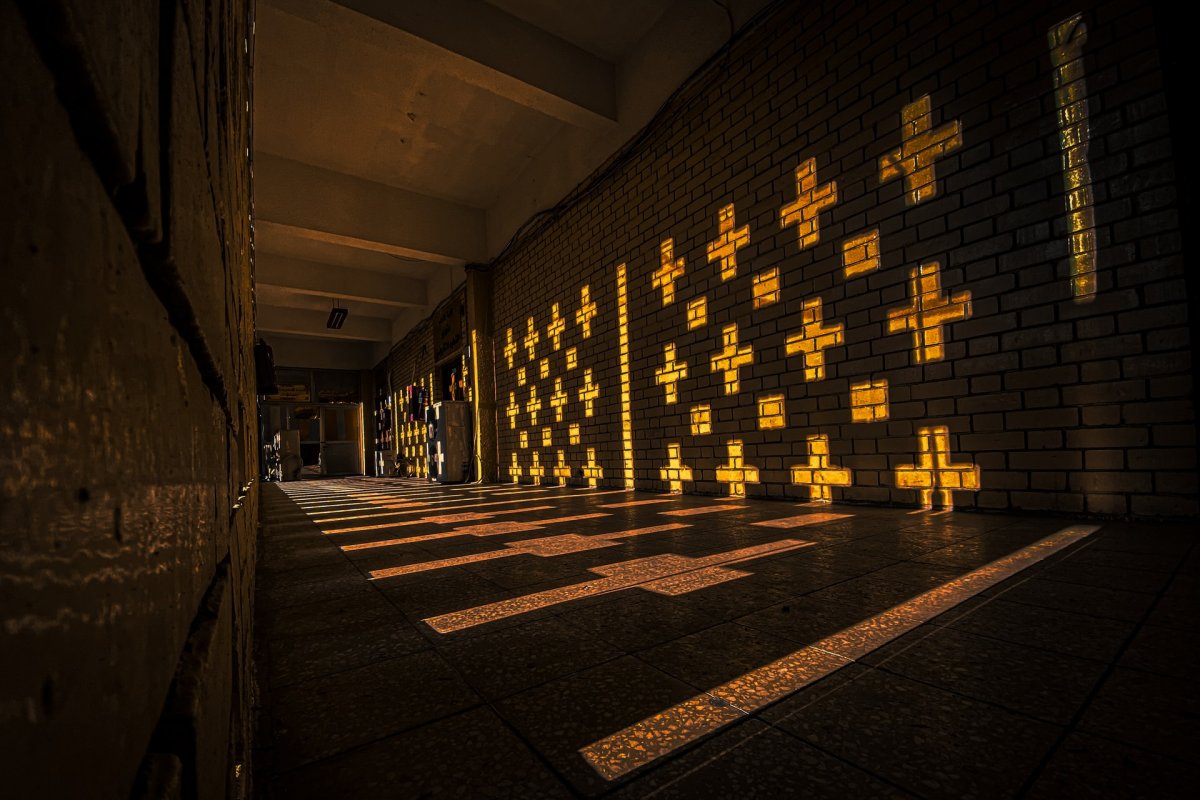
Mustansiriyah University in Baghdad, Iraq
So there you have them, these were all my 17 Iraqi education facts. I hope you enjoyed them and that you learned something new today.
In case you want to learn more about the rest of the country’s education system, feel free to keep reading, as I still have lots of things to tell you about:
Iraqi School Hours
Let’s keep going with our next part, dedicated to Iraqi school hours. The typical school schedule in one country can often be very different from your own, and it’s always interesting to have more details on how students go on about their day.
Iraq Primary School Schedule
For children aged 4 to 5, preschool is an option in Iraq.
For enrollment in primary school, children need to be at least aged 6. Then primary school consists of 6 grades, and there is a national examination at the end of it, leading to a “Primary School Certificate”, which allows them to attend intermediate school.
Unfortunately, because teachers are unqualified and materials are lacking, there is a high rate of failed students in Iraqi primary schools.
The school year ranges from September to the end of June of the following year. School lasts 6 days a week and is closed on Friday, which is the Muslim Sabbath.
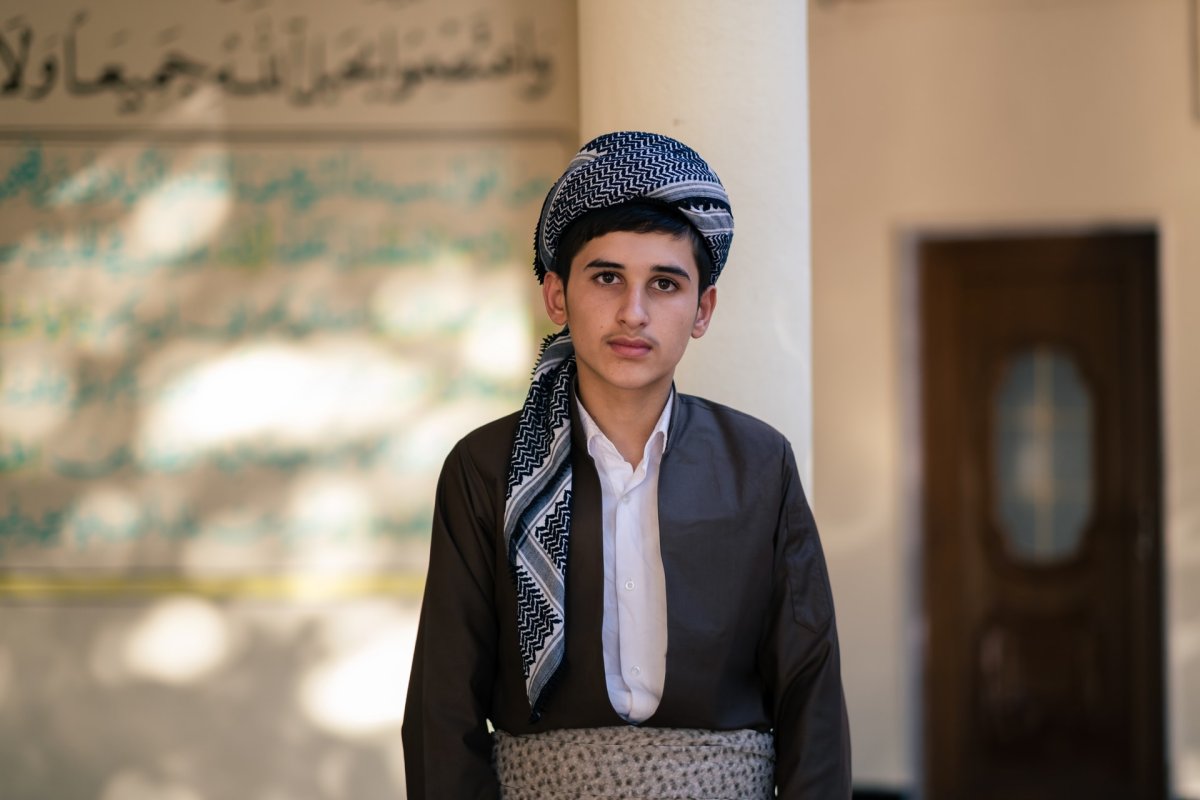
Iraqi High School Schedule
After intermediate school, which consists of three years (grades 7, 8, and 9), students take the National Intermediate Baccalaureate Examination in order for them to attend secondary school.
There are 34 classes per week in intermediate school, including Islamic education, Arabic language, English, and science among others.
Just like in many countries, there are two types of high school in Iraq: general and vocational.
In general schools, there is a literary/humanities track as well as a scientific track. In vocational school, there are three possible paths: agricultural, industrial, and commercial.
Again, there is a Baccalaureate exam at the end of secondary school, which can be passed again the year after in case of failure.
Both secondary education phases consist of 3 years.
There are also many problems in secondary school, tied to the lack of facilities and materials.
General Facts About Schooling in Iraq
This last part is dedicated to general facts about schooling in Iraq. More specifically, we’ll check 2 key figures that will give you a better understanding of the education level in Iraq.
Enrollment in tertiary education for Iraq: 8.77%
(Average for regions: Sub-Saharan Africa: 8.6% | South Asia: 20.8% | Arab States: 36.4% | East Asia: 36.5% | Latin America: 43.3% | Europe and Central Asia: 62% | North America: 84%)
Data from World Bank EdStats/UNESCO
Iraq literacy rate: 80%
(Average for regions: Sub-Saharan Africa: 65.3% | South Asia: 72.9% | Arab States: 79.4% | Latin America: 93.7% | East Asia: 95.8% | Europe and Central Asia: 98.5%)
Data from World Bank EdStats/UNESCO
More Education Facts!
Do you want even more education facts about other countries?
Check out these facts:
Or click here to see ALL the education facts up on the blog!
The Full List of 17 Iraqi School Facts
- Because of the constant conflict, education is left apart in Iraq
- Some Iraqi children don’t even go to school
- UNICEF helped Iraq’s education a lot
- There is still hope for Iraqi children to go to school, even if a lot remains to be done
- Even though it is now gone, ISIS has damaged the Iraqi education system a ton
- Because of ISIS, one out of every five schools in Iraq was out of use
- The expulsion of ISIS had consequences in Iraq for around two years afterwards
- The Iraqi government does not dedicate enough budget to the education of the country
- Iraqi children are very enthusiastic to go to school
- Most of the Iraqi government’s budget is spent on the military.
- Up until 2003, primary school attendance was always high
- Since 2008, education is centered around religion, and this creates internal conflicts
- Iraqi children from religious minorities cannot learn their own religion
- Iraqi girls suffer a lot from the country’s mindset
- The majority of out-of-school Iraqi children are girls
- Not only UNICEF has been helping Iraq for the past few years
- Some of the oldest universities in the world are in Iraq
Share the knowledge! Click on the buttons below to share these Iraqi school facts with your friends, and help them learn more about the world 🙂


![25 Interesting Singapore Education Facts [100% true]](https://www.kevmrc.com/wp-content/uploads/2022/05/25-singapore-education-facts.jpg)
